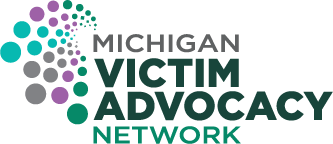New Elder Abuse Fatality and Review Teams (EAFRT) Website
The new Elder Abuse Fatality and Review Teams (EAFRT) website can help improve services to elder/adult abuse victims in your state or community.
About EAFRT
The Elder Abuse Fatality and Review Teams (EAFRTs), a project of the American Bar Association’s Commission on Law and Aging, has a new website. Since 2001, Elder Abuse Fatality Review Teams (EAFRTs or teams) have been examining deaths of individuals that may be caused or related to elder abuse for the purpose of identifying system gaps and improving victim services.
Now a new grant from OVC is enabling the Commission to build upon the foundational investments in the EAFRT model by (1) updating and expanding its initial capacity building work and (2) evaluating the impact of EAFRTs on victim services.
Included in this effort is the publication of a new webpage to disseminate products and research findings, as well as facilitate multidisciplinary collaboration among professionals in the field.
The website currently includes a list of 35 EAFRTs or domestic violence fatality review teams that review some elder deaths in 13 states. Twenty-four of the 35 teams contributed data and documents in response to team leader/coordinator and team member questionnaires.
More about this project
The Commission is collaborating with Dr. Jason Burnett of the University of Texas Health Science Center at Houston (UTHealth), who will lead the program evaluation activities. Staff are establishing an expert panel to advise the project. Staff from the Commission and from UTHealth will:
inventory EAFRTs;
- identify key informants and collect an array of team information from them;
- identify and survey team members about the impact of EAFRT participation;
- provide technical assistance and training activities;
- facilitate information-sharing through an EAFRT webpage, listserve, and multiple interactive web-based meetings;
- collect, content-analyze, and catalogue team documents
- update and expand the 2005 replication manual;
- evaluate whether the EAFRTs’ work has led to changes in laws, policies, practices, programs, or protocols improving services for victims of elder abuse.
